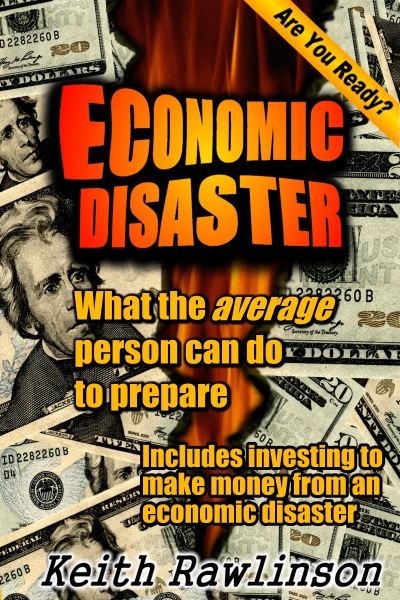
 Visit Keith's Financial Page on Facebook
Visit Keith's Financial Page on Facebook |
Very often, I have people ask me my opinion on current finance-related issues. Sometimes I'm asked in person, but many times I'm asked via Eclecticsite.com's Financial Page. The "My Humble Opinion" page is simply a journal of my ongoing thoughts and opinions. Though most of what I talk about will be directly related to finances, I'm sure that I'll sometimes wander off on a tangent. I'll only be adding entries when I feel I have something of importance to address. If there is any particular topic on which you would like my thoughts, please just send it along and I will do my best to honor the request. Please understand that everything I discuss is nothing more than my own humble opinion. Sometimes my predictions will be right on the mark and sometimes not. I will always try my best to be open and honest, but everything I discuss will simply be my humble opinion. |
 | My new eBook is now available! Economic Disaster: What the average person can do to prepare. |

